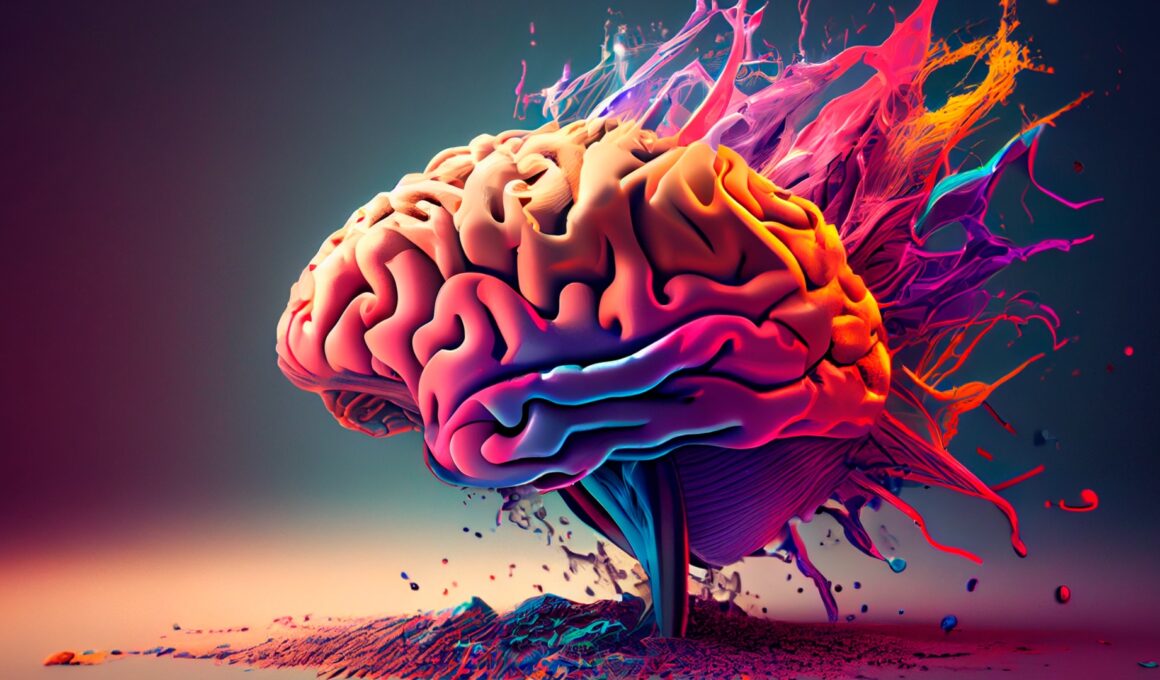There are some pretty strange things you can find online – especially on YouTube – but perhaps one of the weirdest of all, at least at face value, could be the recent ‘ASMR’ phenomenon.
Wondering what ASMR is? Then try looking the phrase up on YouTube and what you’ll find is a ton of videos of people brushing hair, quietly talking nonsense, rattling their makeup bag or crinkling bits of paper. It’s all very weird.
So what is the purpose of these unusual videos? Well apparently the aim is to give the listening/viewer a brain orgasm or a ‘braingasm’. At the same time the secondary goal is possibly to help them get to sleep and overcome insomnia. That’s all good and well, but chances are that this explanation has left you with more questions than answers…
What’s Going On?
All this is to do with something called an ‘Autonomous Sensory Meridian Response’. This is an experience that some people get when listening to certain quiet sounds including rustling, clicking or quiet talking in a certain tone. This experience has been described as feeling like a mild tingling in the brain that’s highly pleasant for the individual, and which has earned it its name of ‘braingasm’.
And like a real orgasm, it appears that these braingasms are also very effective at helping people to drift off to sleep. The videos are relaxing anyway, so combine this with the tingling sensation and an element of role-play in many cases (getting a haircut is apparently a popular ASMR trope) and you have a recipe for a sound night’s sleep (no pun intended).
Now it appears that not everyone has this same experience when listening to these sounds, so if you watch one of these videos and are left unimpressed it may simply be that you don’t experience ASMR. That doesn’t necessarily mean you won’t benefit from the videos though, as many people without the experience still find it relaxing or pleasurable.
Studies
While ASMR has recently gained a lot of popularity, it’s not something that has really had much attention yet in the scientific literature. A recent study has looked at brain scans of participants enjoying ASMR, but the results have yet to be released…
That hasn’t preventing some speculation on what might be going on here though, with a few theories proving particularly popular. These include the idea that the sensation may be caused by the conscious experience of serotonin release – in other words, it may be that some people have the ability to ‘feel’ when feel-good hormones are released in their brain. What this theory doesn’t explain however is just why these sounds would cause the sensation specifically and why those people wouldn’t feel the same thing when eating a piece of cake for instance.
Another explanation is that the sensation is an evolutionary pleasure response from particular sounds that might have been associated with behaviours that would contribute toward an increased chance of survival. For instance the sound of rustling might be closely associated with eating leaves and plants – of course a useful trait. A lot of these sounds are also things that may be associated with sex – if you consider the prominence of quiet whispering and brushing. Again it could be that some people just experience this pleasure response to ‘ear candy’ in a more pronounced fashion than others.
Finally, another theory is that these sounds can cause ‘mild seizures’ in some people. Sounds have always been able to trigger seizures and seizures have sometimes been described as feeling pleasurable subjectively – it may be that the experience of ASMR is actually a very mild version of the same thing.
Whatever the explanation, this seems to be a phenomenon that is only gaining steam and attention and that probably isn’t going away anytime soon. It’s also been used to treat panic attacks and anxiety, so why not give it a go? You might feel a little silly, but if you have trouble sleeping or like the sound of crinkling paper you might just get something from it!





"Why those people wouldn't feel the same thing when eating a piece of cake for instance" – They do, but would you rather concentrate on taste or brain tingling? :/
The thing is that everyone experiences this sensation in one way or the other, but not everyone pays attention to their body.